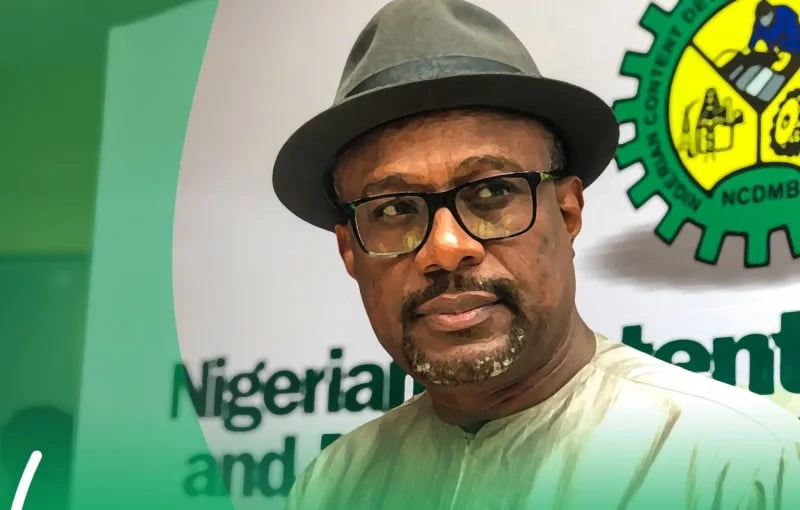great generation. Let your greatness blossom.”
– Nelson Mandela
 African President, an extraordinary human brand icon aptly captures the expectation and duty on leaders in government, economic organisations and social groups to deliver at the minimum a life free from poverty to their people. Poverty is an ill will that blows no good in any society, extreme poverty is even moreso.Except for Nigerian government officials most Nigerians who are in touch the hoi polloi segment of their communities can tell that poverty is not only real, it is multiplying in geometric proportions. When one juxtaposes this against the life of pomp and obscene display of affluence by a section of the political class and their cohorts, one can see clearly that we are slowly but surely setting off a time-bomb that may consume all of us before long.
African President, an extraordinary human brand icon aptly captures the expectation and duty on leaders in government, economic organisations and social groups to deliver at the minimum a life free from poverty to their people. Poverty is an ill will that blows no good in any society, extreme poverty is even moreso.Except for Nigerian government officials most Nigerians who are in touch the hoi polloi segment of their communities can tell that poverty is not only real, it is multiplying in geometric proportions. When one juxtaposes this against the life of pomp and obscene display of affluence by a section of the political class and their cohorts, one can see clearly that we are slowly but surely setting off a time-bomb that may consume all of us before long.
Earlier in May this year, the World Bank gave its report on the poverty rating of Nigeria. Damning as it was it only confirmed what many of us already knew. According to the World Bank about 70 million Nigerian adults are poor. At a media launch of the Nigeria Economic Report (NER) World Bank Lead Economist, Mr John Litwack, in Abuja stated that poverty rates remain high particularly in rural areas. Mr Litwack observed in the report that although poverty rate declined slightly between 2004 and 2010, it did not however reflect on the generality of Nigerians.
Lagos State was reported as having the lowest poverty rate of 22.9 per cent while Jigawa had the highest at 77.5 per cent. The report further showed that poverty is concentrated more in the Northern part of the country as against the South West where the rate of poverty is lowest.
The NER observed that with better coordination of federal and state policies in key areas of the economy Nigeria can begin to win the war against poverty noting that “Enhanced cooperation among the federal and state governments can successfully address all the (debilitating) issues in macroeconomic management, coordinated policies to enhance market connectivity and improve public service, and the realisation of national standards in public financial management and disclosure thereby unlocking enormous potential for growth, job creation, and improvement in the welfare of Nigerian citizens.”
Thankfully, save for one state, we have been spared the usual drama by the economic and political leadership of launching a nauseating campaign of denial and ostrich-playing. The truth is that if 70 million Nigerian adults are poor, then both the rich and the poor are in grave danger since according to Mahatma Ghandi “Poverty is the worst form of violence.” That Nigerian high poverty rate is not caused by war, famine or lack of endowments and resources makes our case doubly tragic.
Every government and society has a divine duty to take care of its weak. Our extended family system recognizes and practices this but it is about time that this collective social imperative is entrenched as a matter of urgency in our governance structures policy and practices. As author Charles Darwin in the Voyage of the Beagle notes that “If the misery of the poor be caused not by the laws of nature, but by our institutions, great is our sin.”
For the records, it is not that successive governments had not recognized the need to alleviate poverty (Poverty Allevitaion Programme) or to eradicate it (National Poverty Eradication Programme (NAPEP) and National Poverty Eradication Council (NAPEC), the problem has always been making such programmes deliver on their declared mandates. Somehow they have always lost focus and begun to float in stagnant pools of tokenism like distributing scandalously priced tricycles and ubiquitous bags of rice. But any programme that will tackle poverty must have a cause of action that must have multiple ripple effects in the ocean of the poor and have an eye on delivering quality solutions to the greatest number of citizens.
With 70 million poor Nigerian adults the picture is really grim, we have to declare an emergency on poverty. We need to create opportunities for our people, our professionals, our artisans and our products. We import so many unnecessary things, including services for which better options are available in Nigeria. We need to tackle corruption and create a special programme that will encourage our people to repatriate their funds back to Nigeria, the same way others do from Nigeria to their home countries. Such a programme must target suspected corrupt individuals who have foolishly stolen stupendous amounts from Nigeria and stashed them in foreign lands to inadvertently growing the beneficiaries’ economies. Keeping our money in Nigeria (whether earned or stolen) is the surest and fastest way of reducing our bank lending rates in line with what obtains in developed economies. With access to cheaper funds entrepreneurship will blossom and thrive, brands will proliferate and millions of Nigerians will be gainfully employed. Again, I posit that time has come to declare a state of emergency on poverty. Delay could be dangerous. Let us act now to pull the poor out of steep valley of poverty and keep the rich happy in their plateau of splendour.























